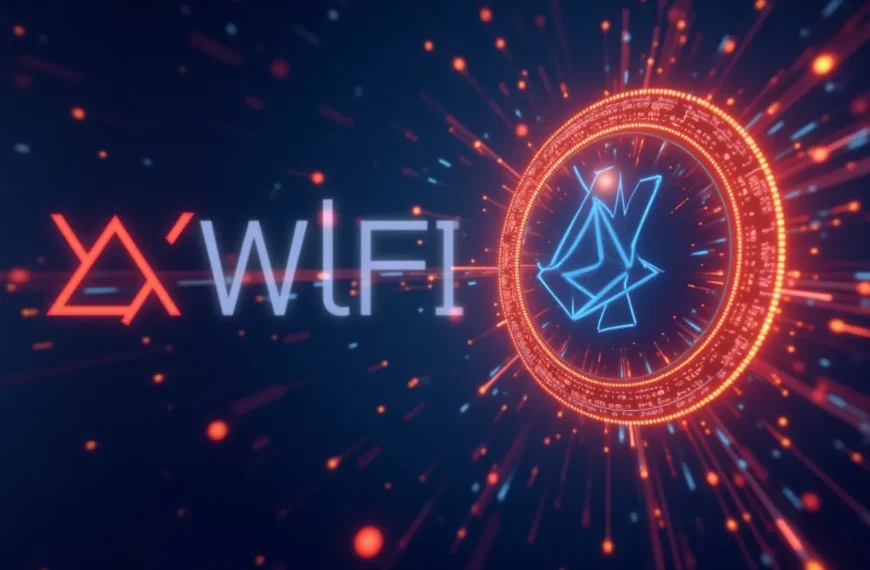Understanding the Polygon Network Outage
The cryptocurrency landscape is constantly evolving, with various platforms striving to offer seamless and efficient services. Among these platforms, Polygon has emerged as a key player in enhancing the Ethereum ecosystem, providing faster transactions and lower fees. However, recent events have raised concerns regarding the reliability of the network. The Polygon Foundation recently attributed a significant network outage to the exit of a validator, prompting discussions within the community about the implications of such incidents.
The Role of Validators in the Polygon Network
Validators play a crucial role in the functioning of any blockchain network, including Polygon. They are responsible for:
In a Proof-of-Stake (PoS) environment, validators are incentivized to act honestly and efficiently in order to maintain their stake and earn rewards. However, when validators exit or fail to perform their duties, it can lead to significant disruptions in the network.
What Happened During the Outage?
Recently, Polygon experienced a notable outage that lasted several hours. During this time, users were unable to conduct transactions or access their funds. The Polygon Foundation quickly identified the cause as the exit of a validator, which led to a temporary loss of network consensus. This situation emphasizes the importance of having a robust validator set and the potential consequences of validator mismanagement or unexpected exits.
Impact of the Outage on Users
The network outage had several immediate consequences for users and the broader Polygon ecosystem:
1. Transaction Delays: Many users experienced delays in their transactions, which can be frustrating, especially in a fast-paced digital economy.
2. Financial Losses: Some users reported potential financial losses due to missed trading opportunities during the outage.
3. Trust Issues: Frequent outages can lead to a loss of trust in the network, which is crucial for its long-term success.
4. Increased Scrutiny: Such incidents attract media attention and can result in increased scrutiny from regulators and investors.
Polygon Foundation’s Response
In the wake of the outage, the Polygon Foundation took proactive steps to address the issue and reassure the community. They emphasized their commitment to improving the network’s reliability and security. Some of the measures discussed include:
Additionally, the foundation expressed its dedication to ensuring that validators are well-informed and prepared to maintain the network’s performance.
Lessons Learned from the Outage
The recent network outage serves as a critical learning opportunity for both the Polygon Foundation and the broader cryptocurrency community. Here are some key takeaways:
1. Importance of Validator Stability: The incident highlights the need for a stable and reliable validator network. Validators must be selected and incentivized effectively to reduce the risk of unexpected exits.
2. Enhanced Monitoring Systems: Implementing advanced monitoring systems can help identify potential validator issues before they lead to outages, ensuring a smoother user experience.
3. User Communication: Keeping users informed during outages can help maintain trust and reduce frustration. Transparent communication is essential for community confidence.
The Future of the Polygon Network
Despite the recent challenges, the Polygon network continues to hold significant promise. With its ability to scale Ethereum and reduce transaction costs, it remains a popular choice for developers and users alike. Moving forward, the Polygon Foundation is focused on implementing the lessons learned from the outage to enhance network stability.
1. Upgrading Validator Selection Processes: The foundation plans to refine its validator selection processes to ensure that only the most reliable participants contribute to the network.
2. Investing in Infrastructure: By investing in infrastructure improvements, Polygon aims to bolster its network’s resilience against future disruptions.
3. Community Engagement: Engaging with the community to gather feedback and suggestions will be critical in shaping the network’s future and addressing user concerns.
Conclusion
The recent network outage experienced by Polygon highlights the inherent challenges faced by blockchain networks, particularly in the context of validator management. While the Polygon Foundation has taken responsibility and outlined steps to improve network reliability, it is a reminder that even established platforms are not immune to technical difficulties. As the cryptocurrency space continues to grow, the ability to learn from these experiences and adapt will be crucial for the long-term success of networks like Polygon.
The future of the Polygon network is bright, but it will depend on the collective efforts of the foundation, validators, and the community to ensure that such outages are minimized and that the network remains a reliable and efficient platform for all users.






